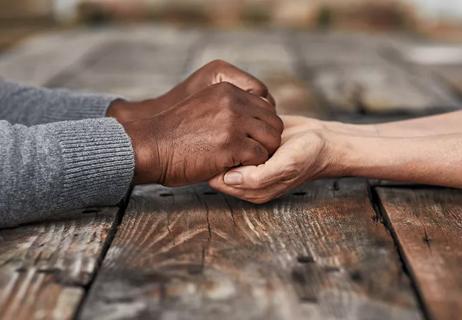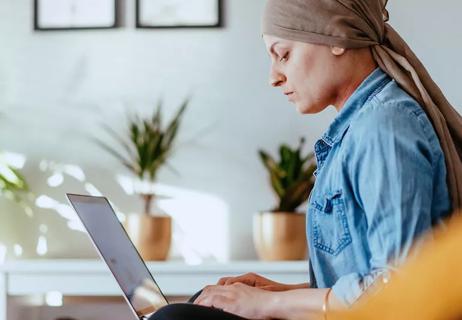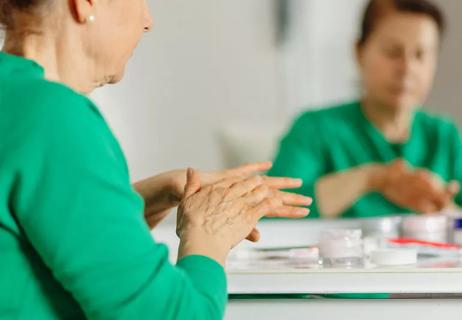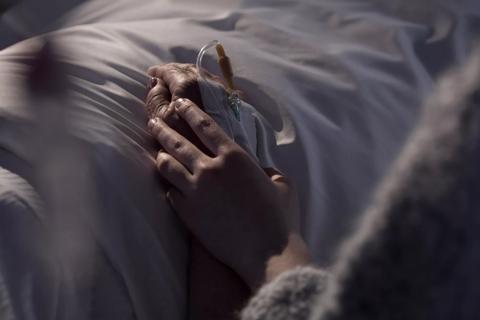10 things that can help ease your mind and keep you comfortable

Going to chemotherapy can be a daunting experience. You might feel anxious, sad or afraid – all of which are normal. If it’s your first session, you might be even more nervous not knowing what to expect or even what to bring with you.
Advertisement
Cleveland Clinic is a non-profit academic medical center. Advertising on our site helps support our mission. We do not endorse non-Cleveland Clinic products or services. Policy
Fortunately, there are several things you can bring to each session to help put your mind at ease.
“The duration of chemotherapy varies from patient to patient, so we often suggest that patients pack a small bag of things to bring with them,” says nurse practitioner Mailey Wilks, CNP. “Having a few familiar items from home can help ease anxiety and offer distraction.”
Here’s what to consider packing:
Advertisement
And don’t forget, if visitors are allowed, ask a loved one or a good friend to accompany you to the appointment. Having someone nearby can help to sustain and divert you and can help to make the session a little less intimidating.
Advertisement
Learn more about our editorial process.
Advertisement

Chemo cold caps may help you keep more of your hair during therapy

Practice meditation together, make a unique-to-them care package and embrace emotions

From a thoughtful note to a special pillow, these items are a win

How to create your own organizational system

Take these steps to limit the damage

The short answer from an exercise physiologist

The short answer from an oncologist

Before you start planning, ask yourself these questions

Wearing a scarf, adjusting your outdoor activities and following your asthma treatment plan can help limit breathing problems

Your diet in the weeks, days and hours ahead of your race can power you to the finish line

When someone guilt trips you, they’re using emotionally manipulative behavior to try to get you to act a certain way